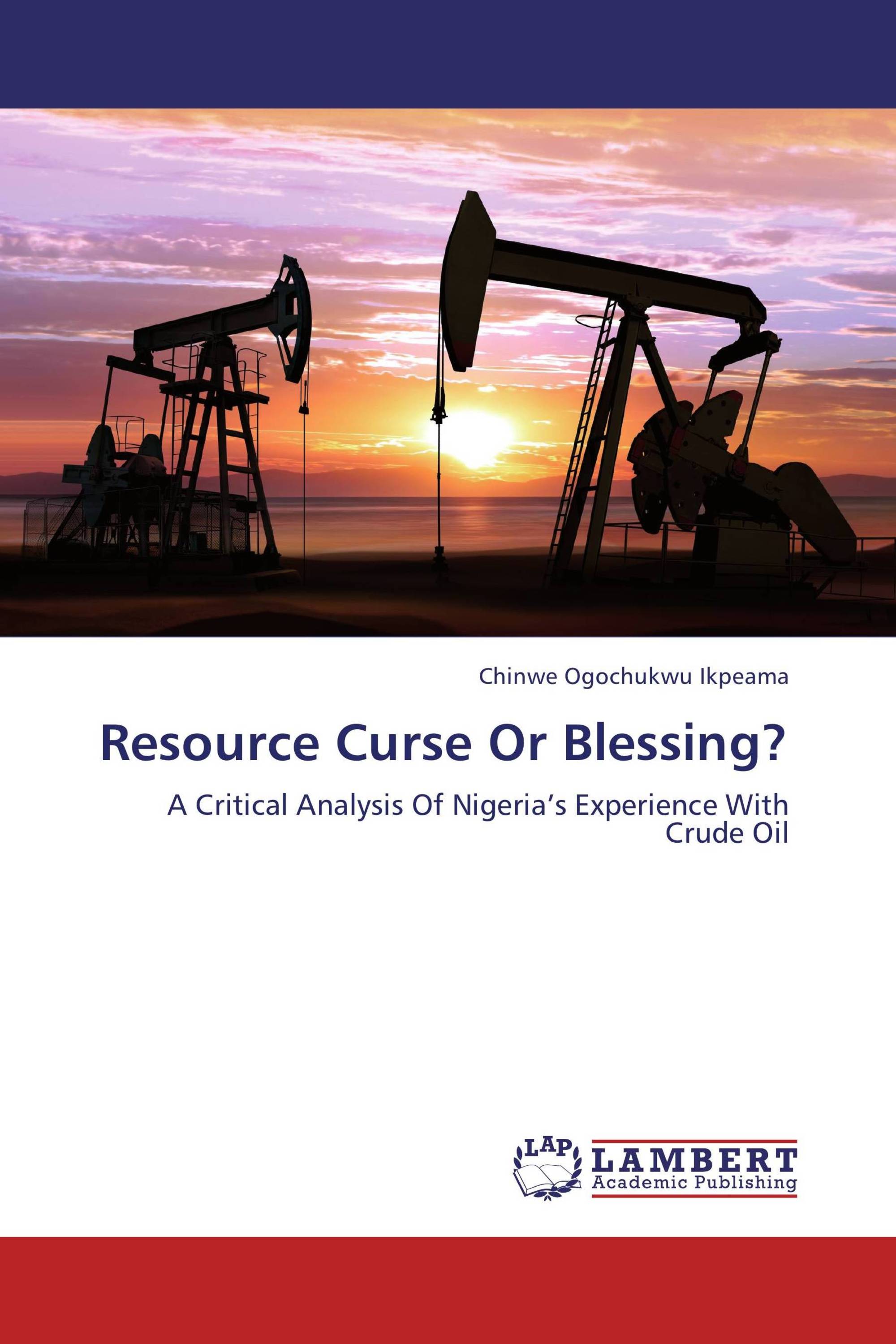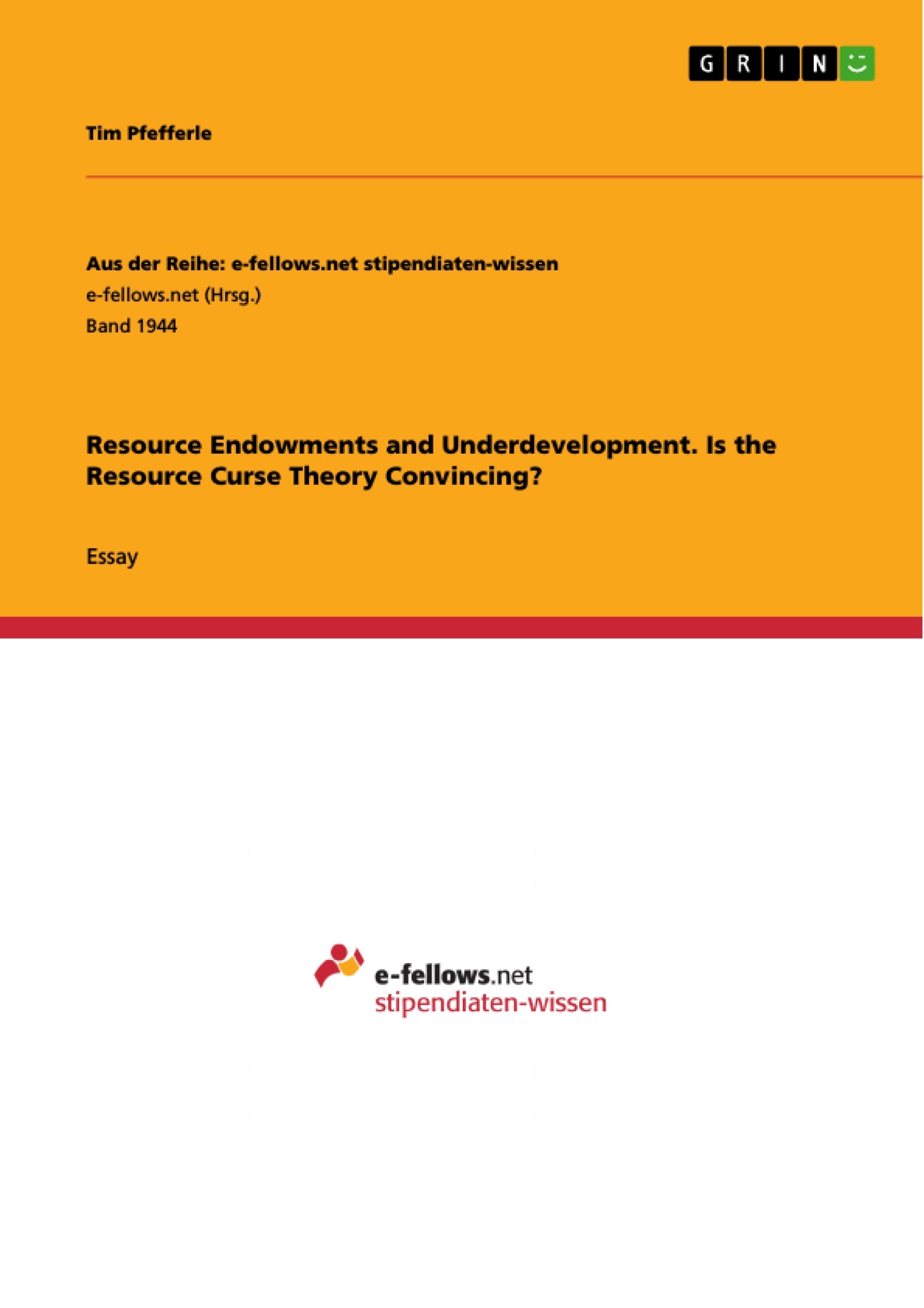Are you having trouble finding 'resources curse thesis'? All the details can be found here.
Fashionable practice, the imagination curse thesis tends to focus connected non-renewable natural resources following the jumper cable of case studies first used to illustrate it. 1 To understand the proposed curse, we first need to distinguish how imagination wealth differs from other types of wealth. Humphreys et al. (2007) key two key differences.Author: Ramez Abubakr Badeeb, Hooi Hooi Deficient, Jeremy ClarkCited by: Publish Year: 2017
Table of contents
- Resources curse thesis in 2021
- Resource curse theory pdf
- Resource curse and dutch disease
- Causes of resource curse
- Resource curse in africa
- Resource curse countries list
- Nigeria resource curse
- Resource curse examples
Resources curse thesis in 2021
 This picture representes resources curse thesis.
This picture representes resources curse thesis.
Resource curse theory pdf
 This image representes Resource curse theory pdf.
This image representes Resource curse theory pdf.
Resource curse and dutch disease
 This picture demonstrates Resource curse and dutch disease.
This picture demonstrates Resource curse and dutch disease.
Causes of resource curse
 This picture representes Causes of resource curse.
This picture representes Causes of resource curse.
Resource curse in africa
 This picture shows Resource curse in africa.
This picture shows Resource curse in africa.
Resource curse countries list
 This picture representes Resource curse countries list.
This picture representes Resource curse countries list.
Nigeria resource curse
 This picture shows Nigeria resource curse.
This picture shows Nigeria resource curse.
Resource curse examples
 This image representes Resource curse examples.
This image representes Resource curse examples.
What is the solution to the resource curse?
The thesis concludes that the solution to the resource curse or underdevelopment is for natural resources-rich developing countries to reform their laws to allow majority ownership and control in their citizens and adopt policies that the now developed countries adopted and followed when they were at similar stage of development.
Is the natural resource wealth a blessing or a curse?
A 2011 study in the journal Comparative Political Studies found that "natural resource wealth can be either a “curse” or a “blessing” and that the distinction is conditioned by domestic and international factors, both amenable to change through public policy, namely, human capital formation and economic openness.".
How is the resource curse a paradox of Plenty?
Resource curse. The resource curse, also known as the paradox of plenty, refers to the paradox that countries with an abundance of natural resources (such as fossil fuels and certain minerals ), tend to have less economic growth, less democracy, and worse development outcomes than countries with fewer natural resources.
Who are the growth losers of the resource curse?
For instance, growth losers, such as Nigeria, Zambia, Sierra Leone, Angola, Saudi Arabia, and Venezuela, are all resource-rich, while the Asian tigers: Korea, Taiwan, Hong Kong, and Singapore, are all resource-poor. On average resource, abundant countries lag behind countries with fewer resources.
Last Update: Oct 2021